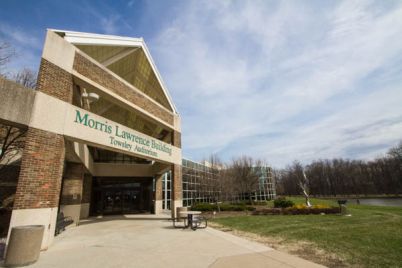
Expanding resources for virtual counseling allows students to access the help of a counselor from the comfort of their own homes. Photo: Unsplash
By Debra Destefani
Deputy Editor
COVID-19 has the potential to be deadly if contracted, but stress associated with the pandemic has caused mental health issues to skyrocket–an issue for some that can be equally as deadly.
The impact of social distancing and stay-at-home orders has led to a significant rise in anxiety/depression, substance use, and suicidal ideation, with over 40% of Americans claiming to be struggling with one of the above. Information collected in June 2020 by the CDC shines a light on just how serious this issue is.
“The prevalence of symptoms of anxiety disorder was approximately three times those reported in the second quarter of 2019 (25.5% versus 8.1%), and prevalence of depressive disorder was approximately four times that reported in the second quarter of 2019 (24.3% versus 6.5%),” the study shows.
The data also shows that young people are disproportionately affected. Nearly 75% of respondents between the ages of 18-24 reported at least one adverse mental or behavioral health symptom between April-June. Percentages decrease with age.
Virtual therapy has been around for years, (such as Talkspace, founded 2012) but COVID-19 created a stronger demand in the online counseling field. Some of these services are covered by insurance, but remain costly for those without; initial evaluations with Talkspace cost $199, and follow-up sessions are $125.
For students of WCC, access to mental health resources have been, and remain free for registered Washtenaw Community College students.
The school recently expanded their online counseling resources and every counselor received Telemental Health training certificates to ensure they are up-to-date in their knowledge of videoconferencing services.
The school also provides a crisis text line, which “serves anyone in any time of crisis; a life trained counselor will respond quickly.” To use this resource, students can text “connect” to 741741.
The “Personal Counseling” tab on Blackboard lists details on how to access counseling. Students can also make an appointment by calling the Counseling & Career Planning Department at 734-677-5102.
Counselors are available Monday through Friday. After applying, an intake assessment is first performed to determine a student’s needs.
In addition, if you or somebody you know is struggling with thoughts of suicide, call the National Suicide Prevention Lifeline at 1-800-273-8255. Live chat is also available on the National Suicide Prevention Lifeline website.


